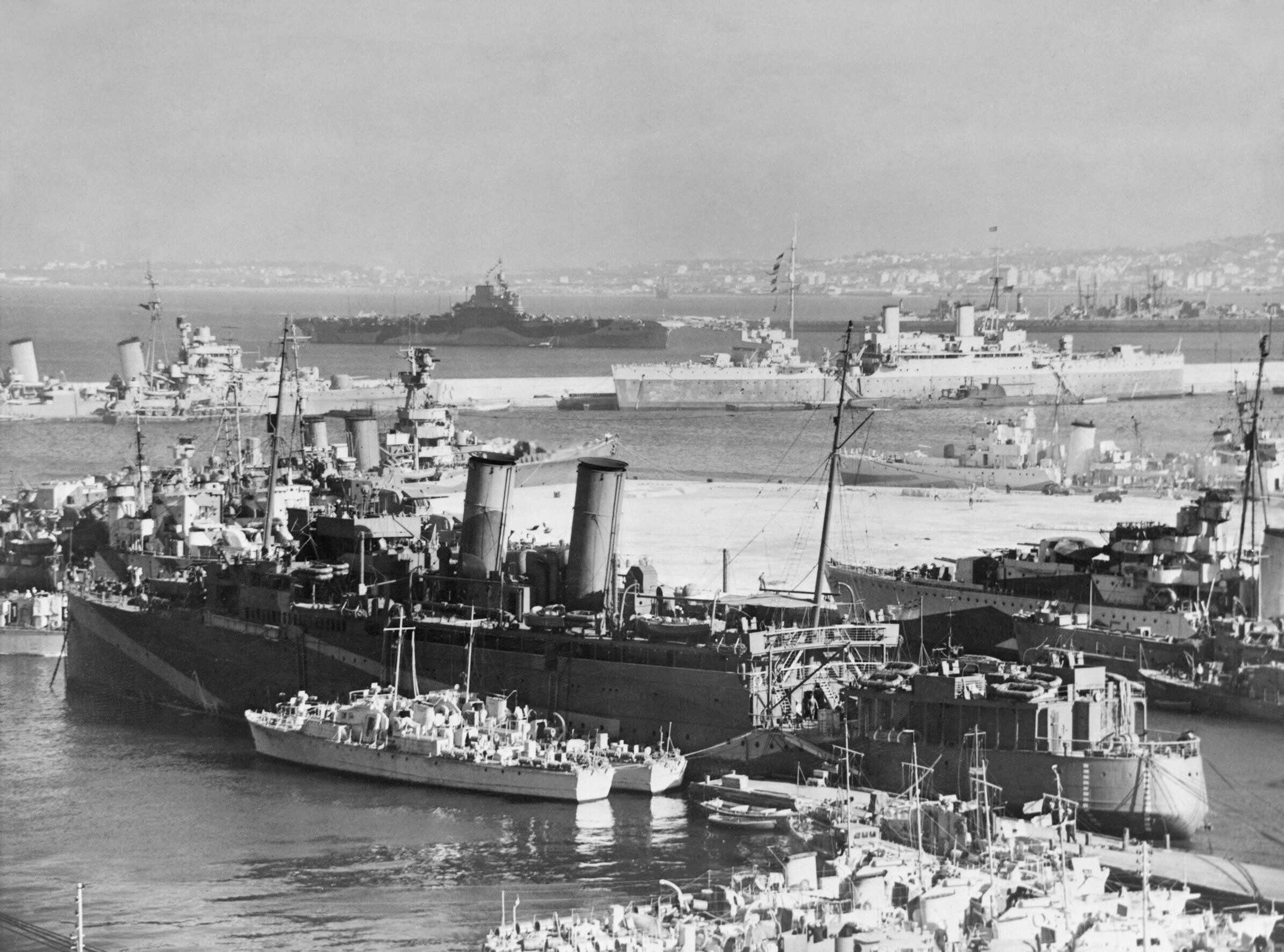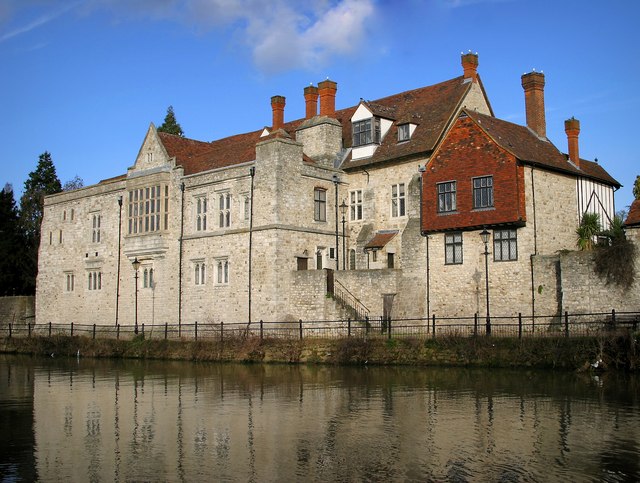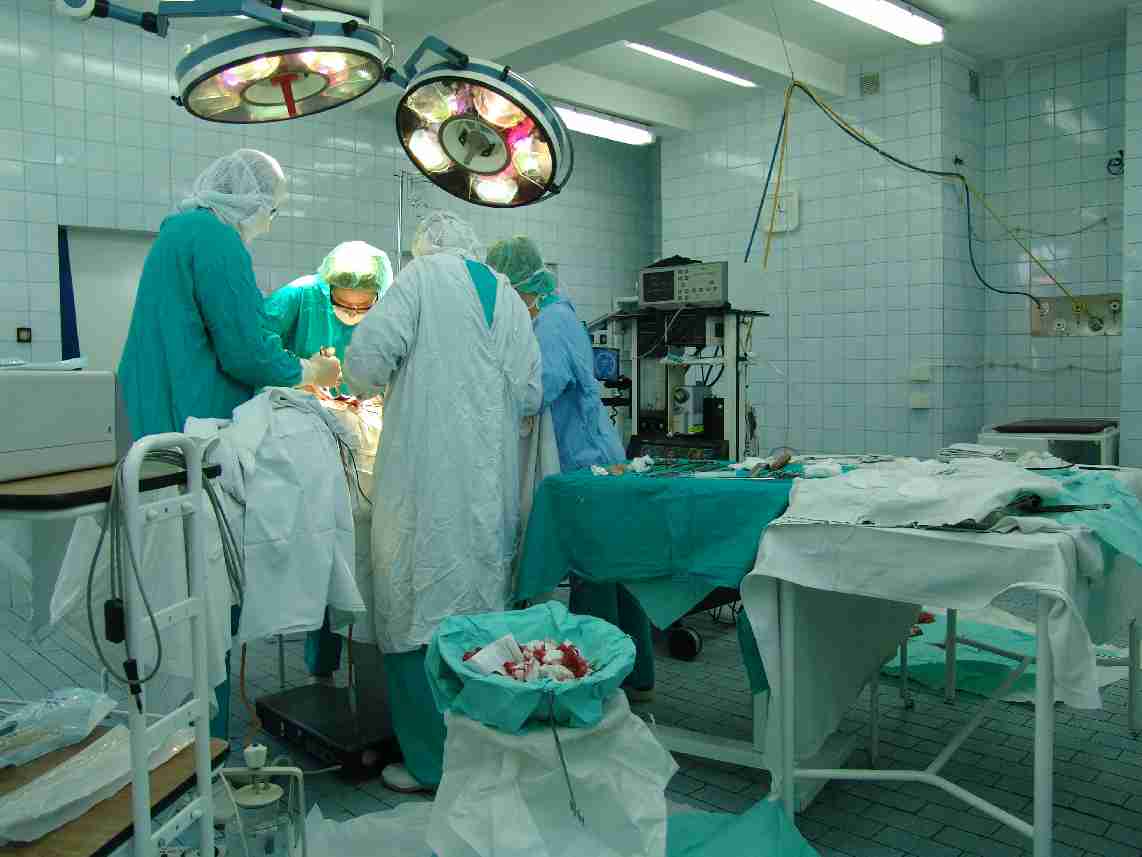|
HMS Maidstone (1937)
HMS ''Maidstone'' was a submarine depot ship of the Royal Navy. It operated in the Mediterranean Sea, Indian Ocean and Pacific Ocean during the Second World War. It was later used as a barracks ship and then a prison ship in Northern Ireland. Facilities It was built to support the increasing number of submarines, especially on distant stations, such as the Mediterranean Sea and the Pacific Far East. Its equipment included a foundry, coppersmiths, plumbing and carpentry shops, heavy and light machine shops, electrical and torpedo repair shops and plants for charging submarine batteries. It was designed to look after nine operational submarines, supplying over 100 torpedoes and a similar number of mines. Besides large workshops, there were repair facilities for all materiel in the attached submarines and extensive diving and salvage equipment was carried. There were steam laundries, a cinema, hospital, chapel, two canteens, a bakery, barber shop, and a fully equipped operating ... [...More Info...] [...Related Items...] OR: [Wikipedia] [Google] [Baidu] |
Maidstone
Maidstone is the largest Town status in the United Kingdom, town in Kent, England, of which it is the county town. Maidstone is historically important and lies 32 miles (51 km) east-south-east of London. The River Medway runs through the centre of the town, linking it with Rochester, Kent, Rochester and the Thames Estuary. Historically, the river carried much of the town's trade as the centre of the agricultural county of Kent, known as the Garden of England. There is evidence of settlement in the area dating back before the Stone Age. The town, part of the borough of Maidstone, had an approximate population of 100,000 in 2019. Since World War II, the town's economy has shifted from heavy industry towards light industry and services. Toponymy Anglo-Saxon period of English history, Saxon charters dating back to ca. 975 show the first recorded instances of the town's name, ''de maeides stana'' and ''maegdan stane'', possibly meaning ''stone of the maidens'' or ''stone of the ... [...More Info...] [...Related Items...] OR: [Wikipedia] [Google] [Baidu] |
Machining
Machining is a process in which a material (often metal) is cut to a desired final shape and size by a controlled material-removal process. The processes that have this common theme are collectively called subtractive manufacturing, which utilizes machine tools, in contrast to ''additive manufacturing'' (3D printing), which uses controlled addition of material. Machining is a part of the manufacture of many metal products, but it can also be used on other materials such as wood, plastic, ceramic, and composite material. A person who specializes in machining is called a machinist. A room, building, or company where machining is done is called a machine shop. Much of modern-day machining is carried out by computer numerical control (CNC), in which computers are used to control the movement and operation of the mills, lathes, and other cutting machines. This increases efficiency, as the CNC machine runs unmanned therefore reducing labour costs for machine shops. History and ter ... [...More Info...] [...Related Items...] OR: [Wikipedia] [Google] [Baidu] |
Operating Theater
An operating theater (also known as an operating room (OR), operating suite, or operation suite) is a facility within a hospital where surgical operations are carried out in an aseptic environment. Historically, the term "operating theater" referred to a non-sterile, tiered theater or amphitheater in which students and other spectators could watch surgeons perform surgery. Contemporary operating rooms are usually devoid of a theater setting, making the term "operating theater" a misnomer in those cases. Operating rooms Operating rooms are spacious, in a cleanroom, and well-lit, typically with overhead surgical lights, and may have viewing screens and monitors. Operating rooms are generally windowless, though windows are becoming more prevalent in newly built theaters to provide clinical teams with natural light, and feature controlled temperature and humidity. Special air handlers filter the air and maintain a slightly elevated pressure. Electricity support has backup systems in ... [...More Info...] [...Related Items...] OR: [Wikipedia] [Google] [Baidu] |
Barber
A barber is a person whose occupation is mainly to cut, dress, groom, style and shave men's and boys' hair or beards. A barber's place of work is known as a "barbershop" or a "barber's". Barbershops are also places of social interaction and public discourse. In some instances, barbershops are also public fora. They are the locations of open debates, voicing public concerns, and engaging citizens in discussions about contemporary issues. In previous times, barbers (known as barber surgeons) also performed surgery and dentistry. With the development of safety razors and the decreasing prevalence of beards in Anglophonic cultures, most barbers now specialize in cutting men's scalp hair as opposed to facial hair. Terminology In modern times, the term "barber" is used both as a professional title and to refer to hairdressers who specialize in men's hair. Historically, all hairdressers were considered barbers. In the 20th century, the profession of cosmetology branched off from ... [...More Info...] [...Related Items...] OR: [Wikipedia] [Google] [Baidu] |
Bakery
A bakery is an establishment that produces and sells flour-based food baked in an oven such as bread, cookies, cakes, donuts, pastries, and pies. Some retail bakeries are also categorized as cafés, serving coffee and tea to customers who wish to consume the baked goods on the premises. Confectionery items are also made in most bakeries throughout the world. History Baked goods have been around for thousands of years. The art of baking was developed early during the Roman Empire. It was a highly famous art as Roman citizens loved baked goods and demanded them frequently for important occasions such as feasts and weddings. Because of the fame of the art of baking, around 300 BC, baking was introduced as an occupation and respectable profession for Romans. Bakers began to prepare bread at home in an oven, using mills to grind grain into flour for their breads. The demand for baked goods persisted, and the first bakers' guild was established in 168 BC in Rome. The desire f ... [...More Info...] [...Related Items...] OR: [Wikipedia] [Google] [Baidu] |
Cafeteria
A cafeteria, sometimes called a canteen outside the U.S., is a type of food service location in which there is little or no waiting staff table service, whether a restaurant or within an institution such as a large office building or school; a school dining location is also referred to as a dining hall or lunchroom (in American English). Cafeterias are different from coffeehouses, although the English term came from the Spanish ''cafetería'', same meaning. Instead of table service, there are food-serving counters/stalls or booths, either in a line or allowing arbitrary walking paths. Customers take the food that they desire as they walk along, placing it on a tray. In addition, there are often stations where customers order food, particularly items such as hamburgers or tacos which must be served hot and can be immediately prepared with little waiting. Alternatively, the patron is given a number and the item is brought to their table. For some food items and drinks, such a ... [...More Info...] [...Related Items...] OR: [Wikipedia] [Google] [Baidu] |
Chapel
A chapel is a Christian place of prayer and worship that is usually relatively small. The term has several meanings. Firstly, smaller spaces inside a church that have their own altar are often called chapels; the Lady chapel is a common type of these. Secondly, a chapel is a place of worship, sometimes non-denominational, that is part of a building or complex with some other main purpose, such as a school, college, hospital, palace or large aristocratic house, castle, barracks, prison, funeral home, cemetery, airport, or a military or commercial ship. Thirdly, chapels are small places of worship, built as satellite sites by a church or monastery, for example in remote areas; these are often called a chapel of ease. A feature of all these types is that often no clergy were permanently resident or specifically attached to the chapel. Finally, for historical reasons, ''chapel'' is also often the term used by independent or nonconformist denominations for their places of wor ... [...More Info...] [...Related Items...] OR: [Wikipedia] [Google] [Baidu] |
Hospital
A hospital is a health care institution providing patient treatment with specialized health science and auxiliary healthcare staff and medical equipment. The best-known type of hospital is the general hospital, which typically has an emergency department to treat urgent health problems ranging from fire and accident victims to a sudden illness. A district hospital typically is the major health care facility in its region, with many beds for intensive care and additional beds for patients who need long-term care. Specialized hospitals include trauma centers, rehabilitation hospitals, children's hospitals, seniors' (geriatric) hospitals, and hospitals for dealing with specific medical needs such as psychiatric treatment (see psychiatric hospital) and certain disease categories. Specialized hospitals can help reduce health care costs compared to general hospitals. Hospitals are classified as general, specialty, or government depending on the sources of income received. A teachi ... [...More Info...] [...Related Items...] OR: [Wikipedia] [Google] [Baidu] |
Movie Theater
A movie theater (American English), cinema (British English), or cinema hall ( Indian English), also known as a movie house, picture house, the movies, the pictures, picture theater, the silver screen, the big screen, or simply theater is a building that contains auditoria for viewing films (also called movies) for entertainment. Most, but not all, movie theaters are commercial operations catering to the general public, who attend by purchasing a ticket. The film is projected with a movie projector onto a large projection screen at the front of the auditorium while the dialogue, sounds, and music are played through a number of wall-mounted speakers. Since the 1970s, subwoofers have been used for low-pitched sounds. Since the 2010s, the majority of movie theaters have been equipped for digital cinema projection, removing the need to create and transport a physical film print on a heavy reel. A great variety of films are shown at cinemas, ranging from animated films to bloc ... [...More Info...] [...Related Items...] OR: [Wikipedia] [Google] [Baidu] |
Laundry
Laundry refers to the washing of clothing and other textiles, and, more broadly, their drying and ironing as well. Laundry has been part of history since humans began to wear clothes, so the methods by which different cultures have dealt with this universal human need are of interest to several branches of scholarship. Laundry work has traditionally been highly gendered, with the responsibility in most cultures falling to women (formerly known as laundresses or washerwomen). The Industrial Revolution gradually led to mechanized solutions to laundry work, notably the washing machine and later the tumble dryer. Laundry, like cooking and child care, is still done both at home and by commercial establishments outside the home. The word "laundry" may refer to the clothing itself, or to the place where the cleaning happens. An individual home may have a laundry room; a utility room includes but is not restricted to the function of washing clothes. An apartment building or student hal ... [...More Info...] [...Related Items...] OR: [Wikipedia] [Google] [Baidu] |
Marine Salvage
Marine salvage is the process of recovering a ship and its cargo after a shipwreck or other maritime casualty. Salvage may encompass towing, re-floating a vessel, or effecting repairs to a ship. Today, protecting the coastal environment from spillage of oil or other contaminants is a high priority. Before the invention of radio, salvage services would be given to a stricken vessel by any ship that happened to be passing by. Nowadays, most salvage is carried out by specialist salvage firms with dedicated crew and equipment. The legal significance of salvage is that a successful salvor is entitled to a reward, which is a proportion of the total value of the ship and its cargo. The amount of the award is determined subsequently at a "hearing on the merits" by a maritime court in accordance with Articles 13 and 14 of the International Salvage Convention of 1989. The common law concept of salvage was established by the English Admiralty Court, and is defined as "a voluntary succe ... [...More Info...] [...Related Items...] OR: [Wikipedia] [Google] [Baidu] |
Underwater Diving
Underwater diving, as a human activity, is the practice of descending below the water's surface to interact with the environment. It is also often referred to as diving, an ambiguous term with several possible meanings, depending on context. Immersion in water and exposure to high ambient pressure have physiological effects that limit the depths and duration possible in ambient pressure diving. Humans are not physiologically and anatomically well-adapted to the environmental conditions of diving, and various equipment has been developed to extend the depth and duration of human dives, and allow different types of work to be done. In ambient pressure diving, the diver is directly exposed to the pressure of the surrounding water. The ambient pressure diver may dive on breath-hold (freediving) or use breathing apparatus for scuba diving or surface-supplied diving, and the saturation diving technique reduces the risk of decompression sickness (DCS) after long-duration deep dives ... [...More Info...] [...Related Items...] OR: [Wikipedia] [Google] [Baidu] |









.jpg)
